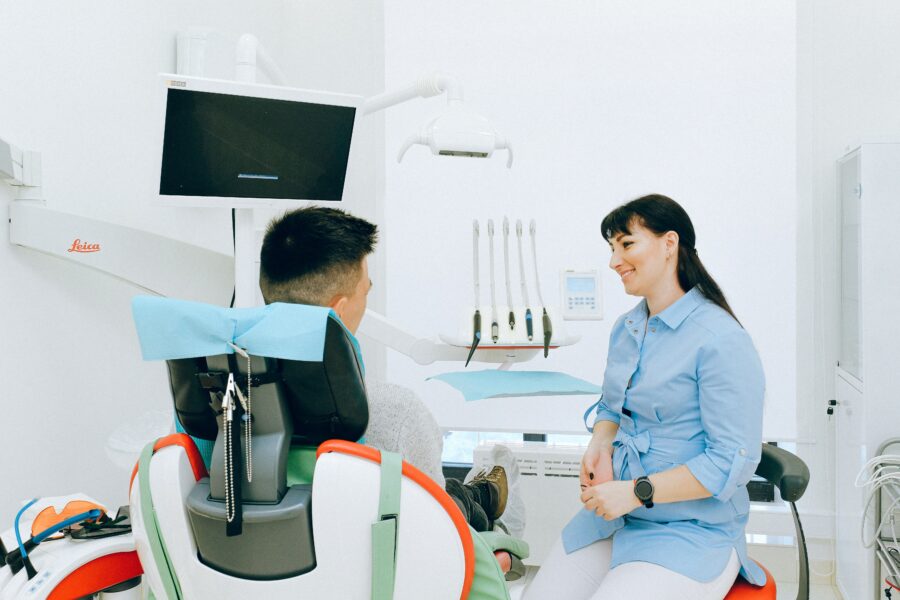
Living abroad can be both exciting and challenging. Healthcare is one of the most critical considerations when living in a new country. Understanding the healthcare system in Spain is crucial because it can provide access to medical care and support for unexpected health issues. The Spanish healthcare system comprises public and private healthcare providers, with the public system being the most commonly used by residents and foreigners alike. It is essential to understand the different types of healthcare coverage available, as well as the services and costs associated with each.
As a foreigner, understanding the Spanish healthcare system is essential to register for healthcare and accessing necessary services. In this way, the Spanish healthcare system can help ensure you receive appropriate medical attention when needed. Furthermore, the healthcare system is vital for foreign residents as it offers access to doctors and medical professionals who are well-versed in Spanish culture and language. This can significantly impact navigating the system and receiving appropriate care.
Understanding Spain’s Public and private healthcare system
If you are considering living in Spain, it is essential to understand the country’s healthcare system. The Spanish healthcare system is divided into two categories: public and private. Public healthcare is available to all residents, including foreigners legally registered in the country. Private healthcare, on the other hand, is typically more expensive and often requires additional insurance coverage.
Regarding coverage, the healthcare system provides various services, including primary care, specialist care, and emergency care. Primary care services are generally available through local health centers. Specialist care is typically provided in hospitals or specialized clinics, and emergency care is available anytime through public and private providers.
As a resident, you must have a health card that allows you to access public healthcare services for free or at a reduced cost. However, some treatments or services require additional fees.

How to Get a Health Card in Spain
As a foreigner in Spain, registering for healthcare is important in ensuring access to necessary medical services. The Healthcare System provides health care for you and the local population. To obtain a health card, you will need to provide specific documentation:
- proof of residence
- an identification card or passport
- proof of employment
- other means of financial support
The process for obtaining a health card varies depending on your specific circumstances but typically involves visiting a local health center or office and completing an application. Once your application has been processed, you will be issued a health card that includes your personal information, the name of your assigned doctor, and the card’s expiration date.
According to Brooklyn Movers New York, the health card has an expiration date and will need to be renewed periodically to maintain access to healthcare services. Additionally, certain groups, such as students or elders, are eligible for discounts or other benefits when registering for healthcare.
Primary and specialty care in Spain’s health system
When accessing healthcare services in Spain, it is essential to understand the differences between primary and specialty care. General practitioners or nurses typically provide primary care services, including essential healthcare services such as check-ups, screenings, and vaccinations. On the other hand, medical specialists like surgeons, neurologists, or cardiologists offer specialty care.
As a foreigner living in Spain, accessing primary care services is usually the better option, as these services are generally more accessible and affordable than specialty care. For example, you can visit a local health center or clinic for a consultation with a general practitioner and be referred to a specialist if necessary. In an emergency, both public and private healthcare providers in Spain are equipped to provide emergency care. Emergency services are available 24/7 and can be accessed by calling the emergency phone number (112).

It is important to note that prescription medications in Spain are not free, although prices can be subsidized for some medicines. To obtain a prescription medication, you will need to see a doctor.
How to overcome language and cultural healthcare barriers?
As a foreigner living in Spain, navigating the cultural differences in healthcare practices can be challenging. One of the main concerns is language barriers, as Spanish is the primary language in the Spanish healthcare system. While knowing Spanish to receive healthcare services is not strictly necessary, it can be helpful. Many healthcare providers speak English, but communication can still be challenging. It may be required to bring a translator or interpreter. In addition to language barriers, cultural differences in healthcare practices can be essential to consider. For example, it is common in Spain to have a more relaxed approach to appointments and scheduling, which can be frustrating for foreigners.
Suppose Spain seems like the desired place where you want to live. You can find expert packers here to make your relocation easier. An overseas move, for example, moving to Spain from NYC, is anything but easy to do. You certainly want reliable professionals to do the work for you.
Tips for navigating the Spanish healthcare system as a foreigner
One important tip is to learn key Spanish medical terms and phrases, which can be critical for effective communication with healthcare providers. Knowing how to describe symptoms, ask questions, and understand instructions can help you receive the care you need.

Another important tip is to keep all essential documents and information organized and easily accessible. This includes your health card, identification documents, and medical records or prescriptions. This readily available information can save time and reduce stress when seeking healthcare services. Many private healthcare providers offer bilingual services, and online directories can help you locate bilingual providers in your area. While bilingual providers tend to be more expensive, they can be a valuable resource.
Access to the healthcare system is easy and simple
Being prepared to access healthcare services is crucial when living abroad, particularly in a country like Spain. Making educated healthcare choices as a foreigner in Spain requires understanding the Spanish healthcare system. Understanding the system can enhance your Spanish healthcare experience, whether for periodic checkups or emergencies.